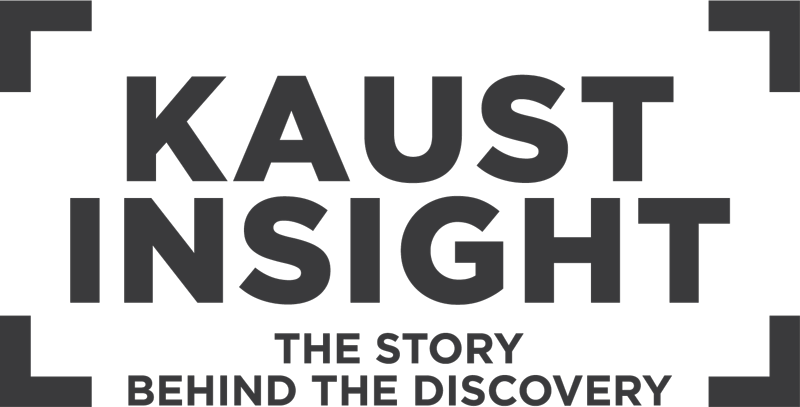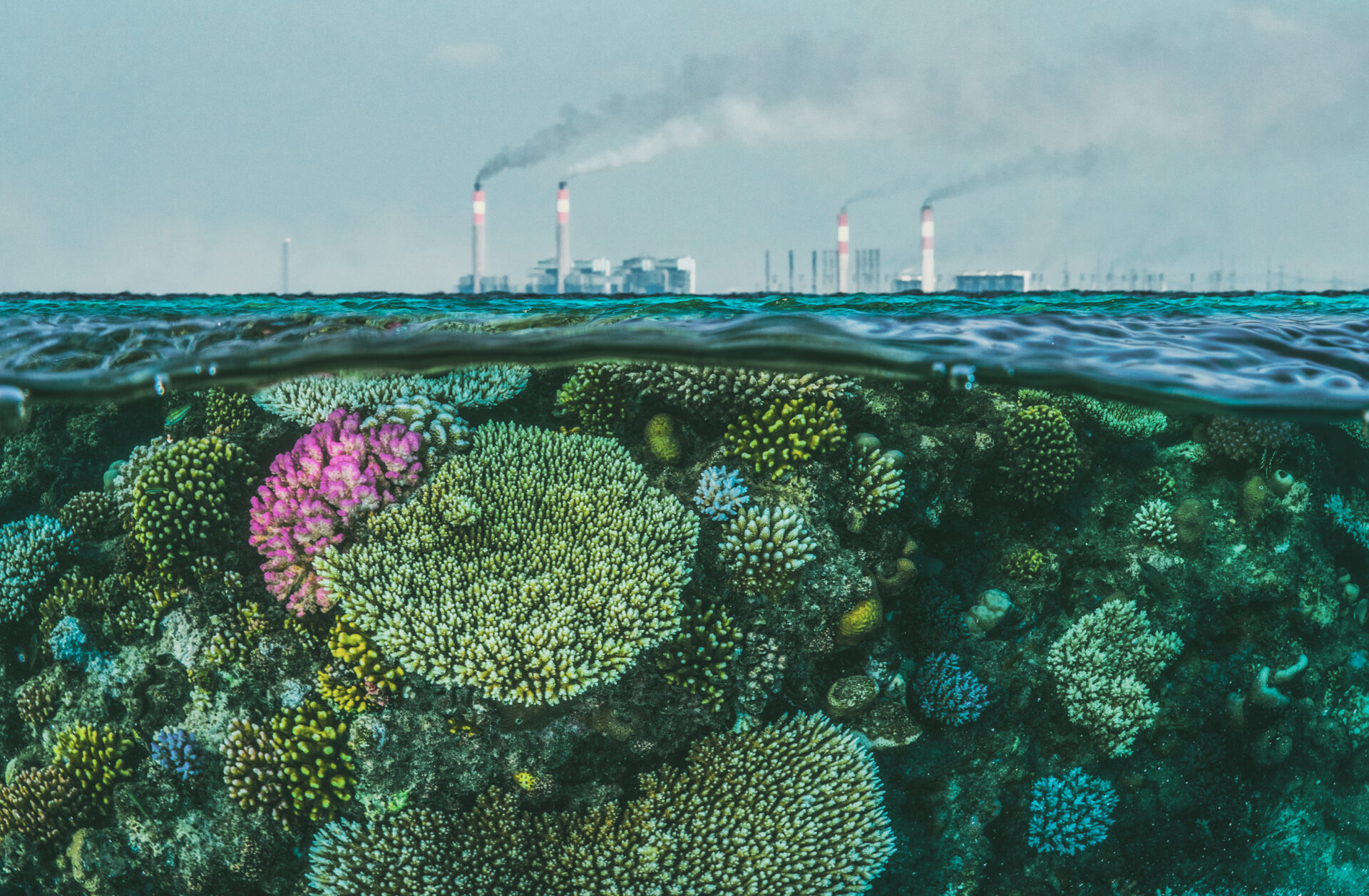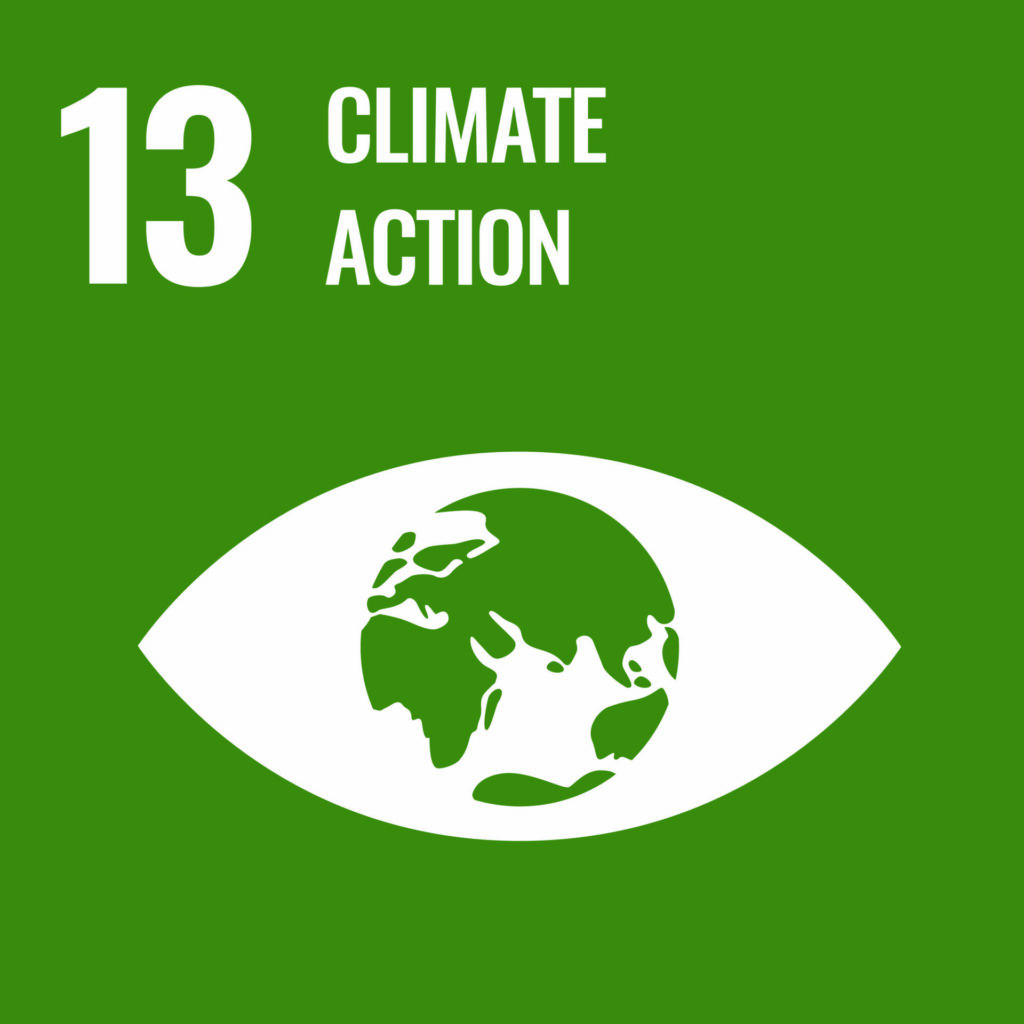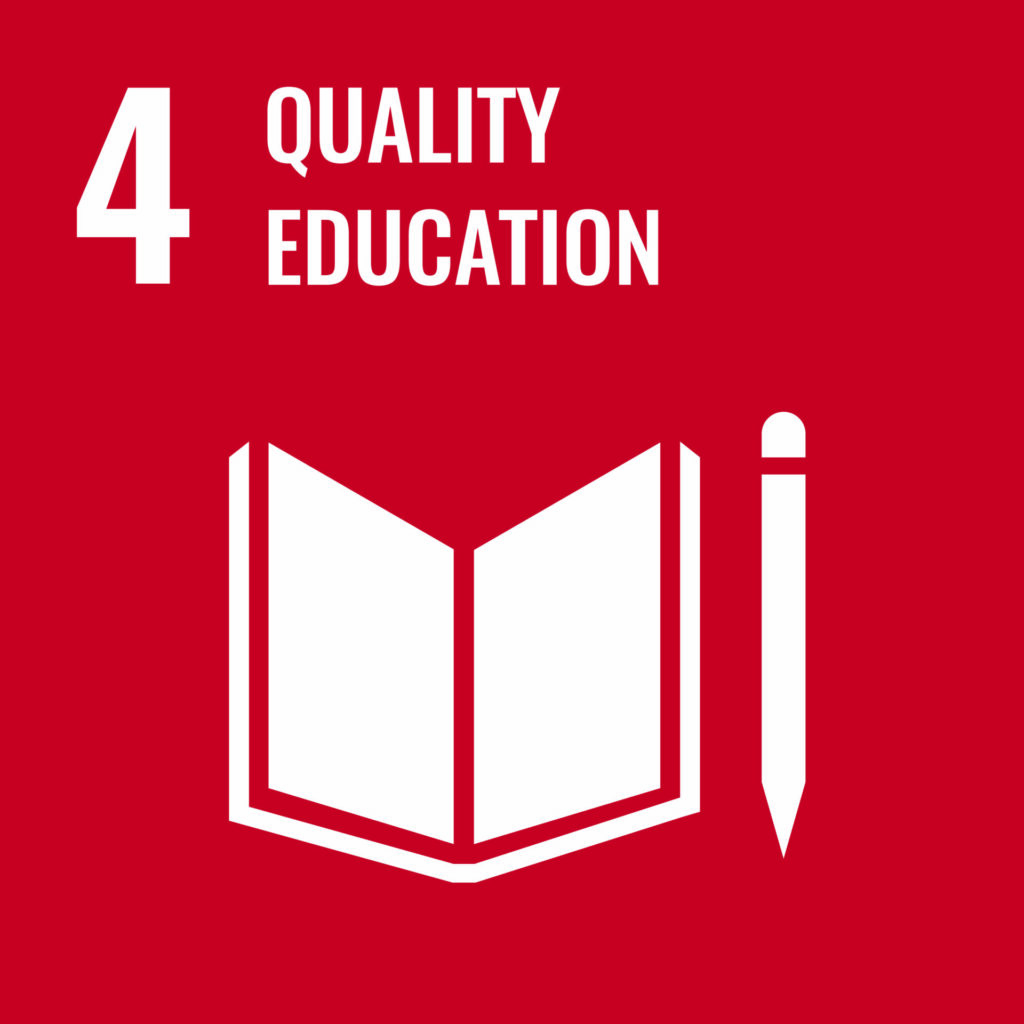Saudi Arabia’s plans for the next decade or so are reflected in its Vision 2030 program, which highlights the government’s goal to move away from its dependence on oil and petroleum products toward more renewable sources of power. It also comes with a mix of attempts to develop better agriculture and education and more efficient healthcare, among other priorities.
Chemical engineer and physicist Tadeusz Patzek is renowned for his highly sophisticated expertise, such as his research on the complex recovery of oil and gas from geological formations called shales. However, Patzek readily rebuffs such acclaim. “I am a scientist expected to provide technological fixes for problems that can never be solved with technology alone.”
Born and raised in Poland, Patzek says his love of nature has never changed. “The only thing that has changed is the painful recognition of the extent of destruction we have inflicted on the planet. Now nature is hitting back with climate change,” Patzek adds. His research has shown the Arabian Peninsula is heating up at twice the global rate of increasing temperatures.
“Things won’t be managed effectively unless people disregard their customs and change mindsets toward ‘degrowth’”
Patzek is working hard — through lectures, papers and a blog — to guide other people to think about environmental problems more seriously. He says the biggest issue is the rapidly growing global population. While he routinely advises on solutions, such as wastewater treatment and the introduction of new building and air-conditioning codes needed for an ever-increasing population, he also has concerns. “Things won’t be managed effectively unless people disregard their customs and change mindsets toward ‘degrowth,’” he says.
What does give him hope for the future is his current research working with young minds through graduate programs at KAUST. “My biggest contribution here is the introduction of a course on earth environment, energy and economy. Generations behind me will understand what’s going to happen and how they can change the ways that humanity acts.”
Reflecting on Patzek’s course, Ph.D. student Philip Mitchell suggests an important lesson is to be skeptical of technology. “Sometimes as scientists and engineers, we are easily enamored with the latest technology but fail to take into account the scalability and negative externalities of new technology.
“The course has broadened my view of how scientists can contribute to the common good. With the growth-oriented economic paradigm collapsing, we need generalists well versed in thermodynamics and ecology to help communities and governments design sustainable replacements,” Mitchell says.



